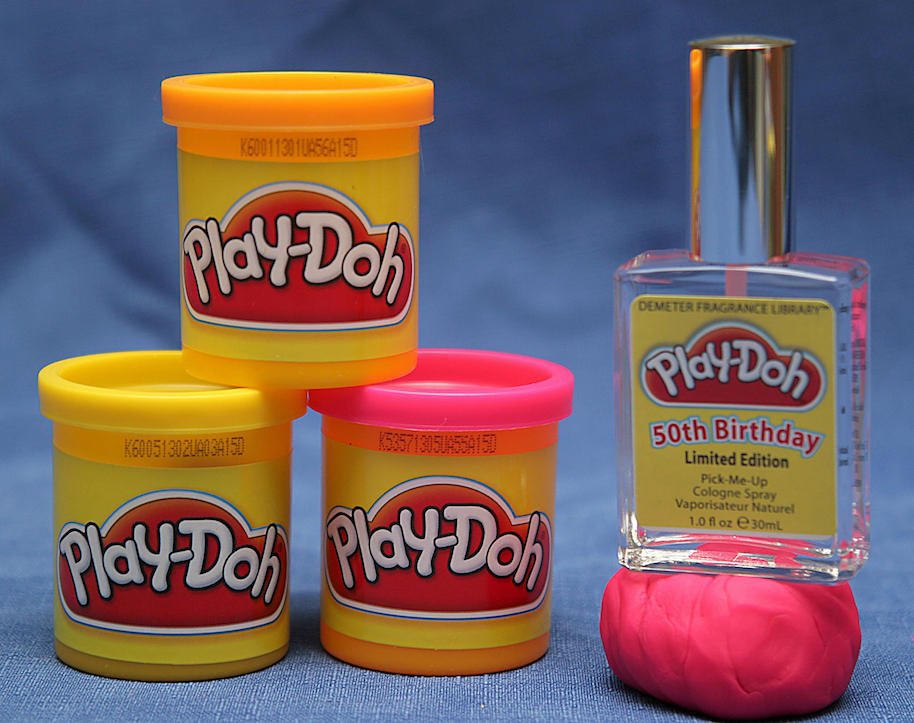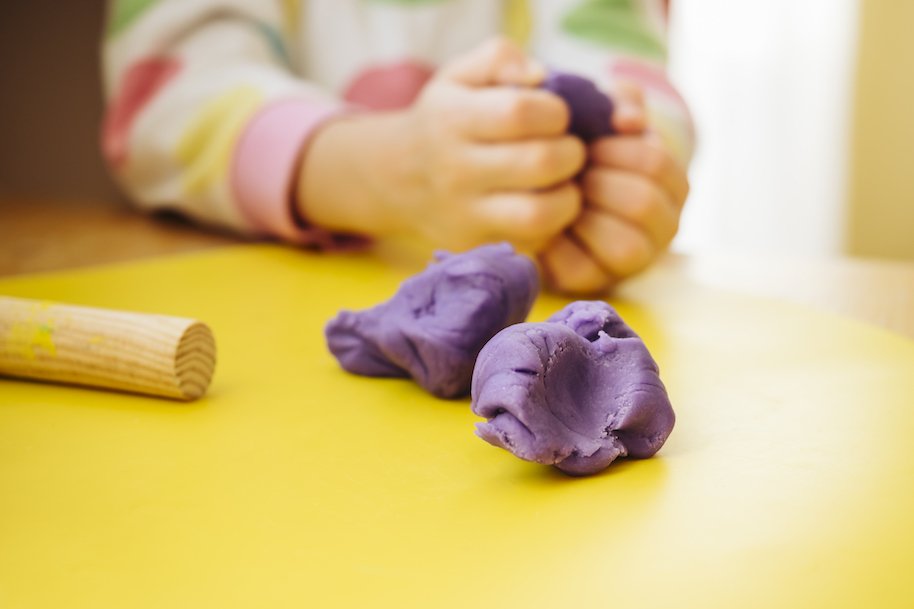Childs hands kneading modelling clay. Photo: Westend61 (Getty)
Most of us at least have a vague recollection what PLAY-DOH smells like, right? To that end, would you want to make anything you own emit the scent of children’s putty product? We know smell is the strongest sense tied to memory and all, but the company might be putting a bit too much stake into the idea. We all know by now that Uranus smells like farts, but we wouldn’t care to put a patent on it.
However, lo and behold, that’s exactly what Play-Doh has done, with Hasbro officially making the announcement on Twitter today as if it were actually some sort of momentous occasion:
The iconic scent of Play-Doh is now an officially registered trademark. Help us celebrate by sharing your favorite memories using #Playdohscent – we’d love your “two scents.” https://t.co/IbUuD2AuQM pic.twitter.com/2bdbMduenB
— Hasbro (@HasbroNews) May 18, 2018
Two interesting takeaways from the press release (three if you include “Why did this need a press release?):
- PLAY-DOH describes their unique, trademark scent as “a sweet, slightly musky, vanilla-like fragrance, with slight overtones of cherry, and the natural smell of a salted, wheat-based dough.” Does that match anyone’s recollection oh what this godawful stuff smells like?
- Remember how we immediately said they might be putting too much thought into smell tying to memory. The blurb pretty much seals the deal:”[…] the distinctive smell has consistently served as a hallmark of the brand, and after more than six decades providing children with a source of imaginative and creative play, the scent has become increasingly recognizable among children, parents and grandparents alike.” Just because you remember something, doesn’t mean you want it stinking up the joint.
Finally, we’d be remiss if we didn’t mention that we stumbled upon this little nugget while searching for relevant photos:

Apparently back in May 2006, PLAY-DOH actually released a fragrance as part of a year-long celebration of the products 5oth anniversary. And yes, it shared the “compound’s distinctive aroma.” Could this be why the company finally hunkered down on a trademark? And again, why? Oh god, why?









